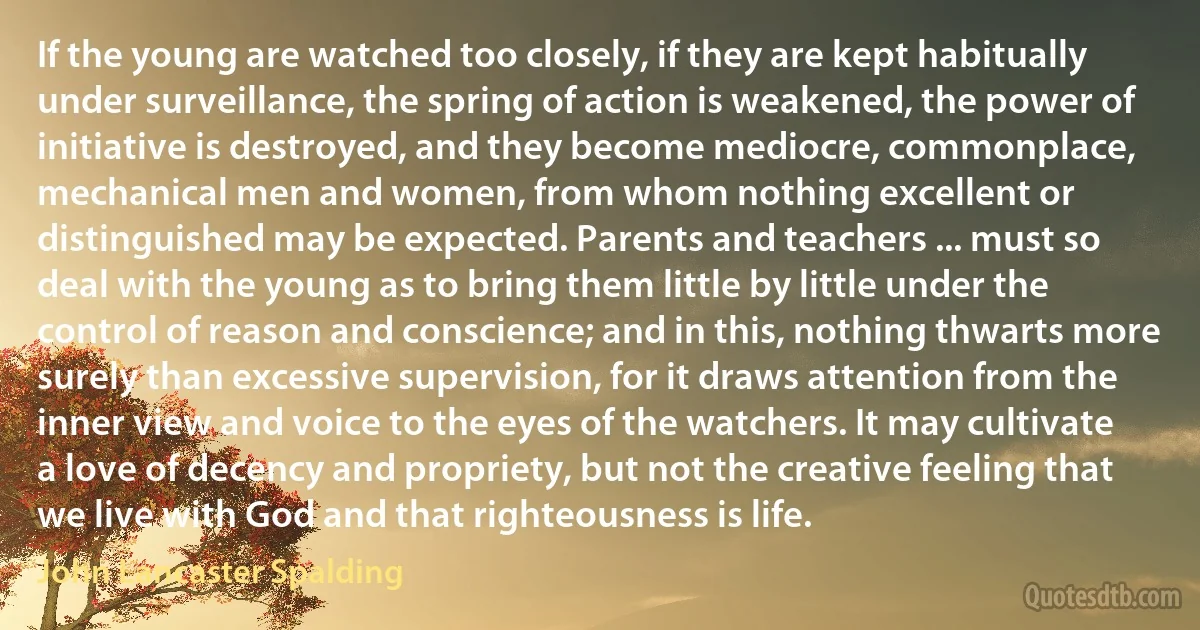Commonplace Quotes - page 8
You know, whenever you do something new and original, people run to see it because it's different. Then, if it happens to be successful, the studios rush to imitate it. It becomes commonplace right away. But it's been like that before, I think. Now, the stakes are so gigantic that they cut each other's throats.

Roman Polański
Vibrant human diversity is now commonplace in major cities throughout the world. Some celebrate such a mix of human diversity. Others deplore it, preferring that so-called races be separated both geographically and reproductively. Even today, some people retain the once-popular belief that the 'white' race is superior in intellect, health, and other attributes. Although far more people reject the notion of white supremacy today than in the past, its legacy remains, as evidenced by economic stratification, ongoing segregation, and classification by racial categories. Even among those who reject the supposed superiority of a particular ethnicity over any other, the perception of distinct, genetically determined human races often persists.

Daniel J. Fairbanks
My curiosity was in no way cruel. Deviations from the commonplace attracted me strongly, as they still do; and to me the hermaphrodite and the living skeleton were interesting for the same reason as was Creatore, or the resplendent Guardsmen of the bands - because such people did not often come my way, and I hoped that they might impart some great revelation to me, some insight which would help me to a clearer understanding of the world about me.

Robertson Davies
Our musical alphabet is poor and illogical. Music, which should pulsate with life, needs new means of expression, and science alone can infuse it with youthful vigor.
Why, Italian Futurists, have you slavishly reproduced only what is commonplace and boring in the bustle of our daily lives.
I dream of instruments obedient to my thought and which with their contribution of a whole new world of unsuspected sounds, will lend themselves to the exigencies of my inner rhythm.

Edgard Varèse
As the savages whom we have instructed are ready when left to themselves to return to their ancestral mode of life, so our young people quickly forget what they have learned at school, and sink back into the commonplace existence from which a right education would have saved them.

John Lancaster Spalding
It is held that one fulfils his whole duty when he is industrious in his business or vocation, observing also the decencies of domestic, civil, and religious life. But activity of this kind stirs only the surface of our being, leaving what is most divine to starve; and when it is made the one important thing, men lose sense for what is high and holy, and become commonplace, mechanical, and hard. Science is valuable for them as a means to comfort and wealth; morality, as an aid to success; religion, as an agent of social order. In their eyes those who devote themselves to ideal aims and ends are as foolish as the alchemists, since the only real world is that of business and politics, or of business simply, since politics is business.

John Lancaster Spalding
A child now entering first grade has never known a world without the Web; I want you, just for a moment, to try to imagine a world without the telephone, without electricity. It's difficult to do, because both of these technologies are entirely commonplace, woven into the fabric of our culture so intensely it becomes nearly impossible to imagine a time before they existed. As electricity is for us, the Web will be for our children; an invisible field of knowledge that surrounds them, and infuses the entire world with instant answers to their requests. Within a generation, it won't be important how much you can remember; that will have been replaced by how agile you are at acquiring the facts you need.

Mark Pesce
No author, without a trial, can conceive of the difficulty of writing a romance about a country where there is no shadow, no antiquity, no mystery, no picturesque and gloomy wrong, nor anything but a commonplace prosperity, in broad and simple daylight, as is happily the case with my dear native land.

Nathaniel Hawthorne
In this way, a philosophy which veiled the Philistine confessions of its founder beneath neat twists and flourishes of language proceeded further to discover a formula for the canonization of the commonplace. It expatiated upon the rationalism of all reality, and thus ingratiated itself with the Culture-Philistine, who also loves neat twists and flourishes, and who, above all, considers himself real, and regards his reality as the standard of reason for the world. From this time forward he began to allow every one, and even himself, to reflect, to investigate, to aestheticise, and, more particularly, to make poetry, music, and even pictures-not to mention systems of philosophy; provided, of course, that ... no assault were made upon the "reasonable” and the "real”-that is to say, upon the Philistine.

Friedrich Nietzsche
Therefore it is by no means an idle game if we become practiced in analysing long-held commonplace concepts and showing the circumstances on which their justification and usefulness depend, and how they have grown up, individually, out of the givens of experience. Thus their excessive authority will be broken.

Albert Einstein



